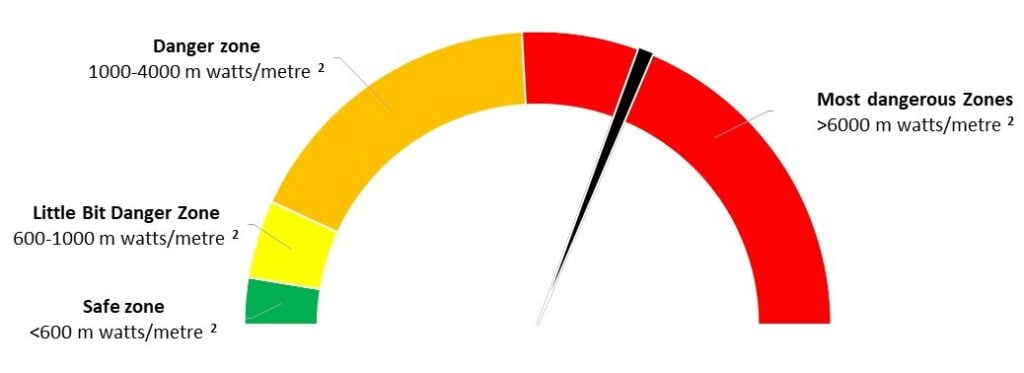
As per the International Commission on Non-Ionizing Radiation Protection, the Specific Absorption Rate for Mobile Phones should not be above 1.6 W/Kg measured over 1 gm tissue. There has been ongoing debate and research regarding the potential effects of mobile phones and base stations on human health and the environment. There are several studies that showed a strong correlation between mobile phone radiation and human health. However, few studies have reported no significant impact of radiation received from mobile phone and their base station on human health and environment. While there is no definitive answer, here are some of the main findings:
Effects of mobile phones on Human Health
- There is some evidence that exposure to electromagnetic radiation emitted by mobile phones may increase the risk of brain tumors, although the evidence is not conclusive.
- There is also some concern about the psychological effects of mobile phone use, such as addiction, anxiety, and depression. Some studies have suggested that excessive use of mobile phones may be associated with poorer mental health outcomes.
- Other potential health risks include an increased risk of salivary gland tumors and acoustic neuromas (noncancerous tumors).
- The blue light emitted by mobile screens can interfere with the body’s natural sleep-wake cycle.
- Holding a mobile phone close to the body for extended periods may lead to decreased sperm count.
- The use of mobile phones while driving can lead to distracted driving and an increased risk of accidents.
- Mobile phones may have potential effects on children, as their brains and bodies are still developing.

Effects of mobile phones on Environment
- Mobile phones and their associated infrastructure require a significant amount of energy to operate. This energy use contributes to greenhouse gas emissions and climate change.
- The production of mobile phones requires the extraction of natural resources through extensive mining. These activities can have significant environmental impacts, including habitat destruction and water pollution.
- The disposal of mobile phones can also be problematic, as they often contain toxic materials such as lead and cadmium. When improperly disposed of, these materials can contaminate soil and water.
- The production and disposal of mobile phones generate a significant amount of e-waste. E-waste contains toxic chemicals that can be harmful to human health and the environment if not disposed of properly.
- Mobile phones contribute to the growing problem of plastic pollution since manufacturers are using large amounts of polymeric materials.
- At present, the majority of discarded mobile phones are not recycled, leading to a significant amount of waste in landfills.
Overall, while mobile phones have become an essential part of modern life, there are potential risks and negative impacts associated with their use.
Effects of base stations
- The radiofrequency radiation emitted by base stations is generally safe, as long as it falls within established safety limits.
- However, some studies have suggested that living near a base station may increase the risk of certain health problems, such as headaches, sleep disturbances, and cognitive impairments.
- There are also concerns about the potential environmental impacts of base stations, such as the use of energy and materials in their construction and maintenance, as well as the impact on wildlife.
Overall, while there is still much to learn about the potential effects of mobile phones and base stations on human health and the environment, current evidence suggests that they are generally safe within limits. This includes using hands-free devices and limiting screen time. However, it is always a good idea to use mobile phones responsibly and to stay informed about any new developments in research.

